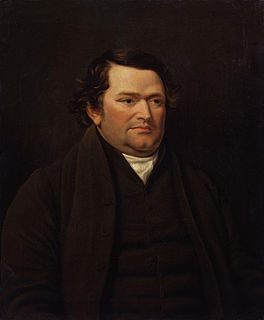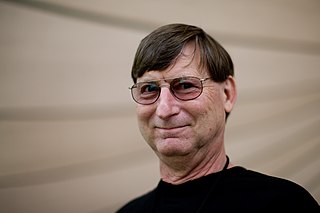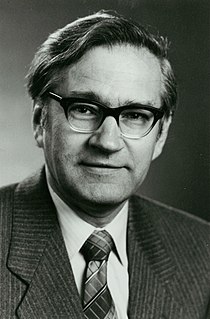A Quote by Joseph Lancaster
The institution of a public library, containing books on education, would be well adapted for the information of teachers, many of whom are not able to purchase expensive publications on those subjects.
Related Quotes
I received the fundamentals of my education in school, but that was not enough. My real education, the superstructure, the details, the true architecture, I got out of the public library. For an impoverished child whose family could not afford to buy books, the library was the open door to wonder and achievement, and I can never be sufficiently grateful that I had the wit to charge through that door and make the most of it.
So long as the mental and moral instruction of man is left solely in the hands of hired servants of the public--let them be teachers of religion, professors of colleges, authors of books, or editors of journals or periodical publications, dependent upon their literary incomes for their daily bread, so long shall we hear but half the truth; and well if we hear so much. Our teachers, political, scientific, moral, or religious; our writers, grave or gay, are compelled to administer to our prejudices and to perpetuate our ignorance.
I was so inspired by Dr. King that in 1956 with my brothers and sisters and first cousins, I was only 16 years old, we went down to the public library trying to check out some books and we were told by the librarian that the library was for whites only and not for colors! It was a public library! I never went back to that public library until July 5th, 1998, by this time I'm in the Congress, for a book signing of my book "Walking with the Wind"
It isn't that information is exploding, but accessibility is. There's just about as much information this year as there was last year; it's been growing at a steady rate. It's just that now it's so much more accessible because of information technology. The consensus is that a Web crawler could get to a terabyte of publicly accesible HTML. A terabyte is about a million books. the UC Berkeley library has about 8 million books, and the Library of Congress has 20 million books.
Education Secretary Arne Duncan spurned the opportunity to condemn thousands of Wisconsin public school teachers for lying about being 'sick' and shutting down at least eight school districts across the state to attend capitol protests (many of whom dragged their students on a social justice field trip with them). Instead, Duncan defended teachers for 'doing probably the most important work in society.' Only striking government teachers could win federal praise for not doing their jobs.
I claim that this bookless library is a dream, a hallucination of on-line addicts; network neophytes, and library-automation insiders...Instead, I suspect computers will deviously chew away at libraries from the inside. They'll eat up book budgets and require librarians that are more comfortable with computers than with children and scholars. Libraries will become adept at supplying the public with fast, low-quality information. The result won't be a library without books--it'll be a library without value.
Restoring prayer ... will scarcely at this date solve the grievous public school problem. Public schools are expensive and massive centers for cultural and ideological brainwashing, at which they are unfortunately far more effective than in teaching the 3 R's or in keeping simple order within the schools. Any plan to begin dismantling the public school monstrosity is met with effective opposition by the teachers' and educators' unions. Truly radical change is needed to shift education from public to unregulated private schooling, religious and secular, as well as home schooling by parents.
Children have to have access to books, and a lot of children can't go to a store and buy a book. We need not only our public libraries to be funded properly and staffed properly, but our school libraries. Many children can't get to a public library, and the only library they have is a school library.
I was so inspired by Dr. King that in 1956, with some of my brothers and sisters and first cousins - I was only 16 years old - we went down to the public library trying to check out some books, and we were told by the librarian that the library was for whites only and not for colors. It was a public library.
A library is many things. It's a place to go, to get in out of the rain. It's a place to go if you want to sit and think. But particularly it is a place where books live, and where you can get in touch with other people, and other thoughts, through books. If you want to find out about something, the information is in the reference books---the dictionaries, the encyclopedias, the atlases. If you like to be told a story, the library is the place to go.
I cannot imagine the type of sinister fiend who would be against the library. A library essentially says, 'Look, here is some free information that will enrich your life. Read it on your own time. I trust that you will bring it back when you are finished.' It might be the most civilized, forward-thinking institution in America. Perhaps the only one, in fact.


































